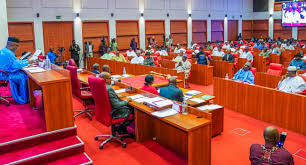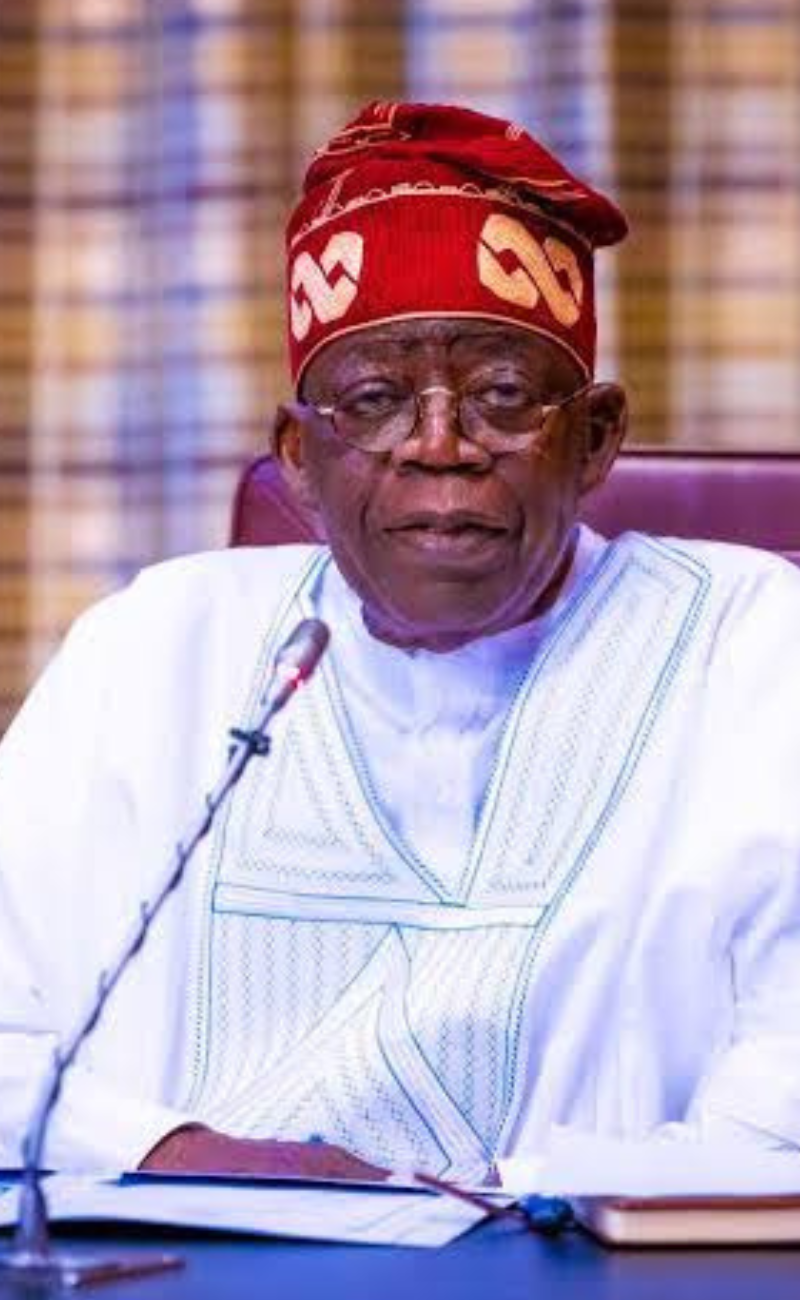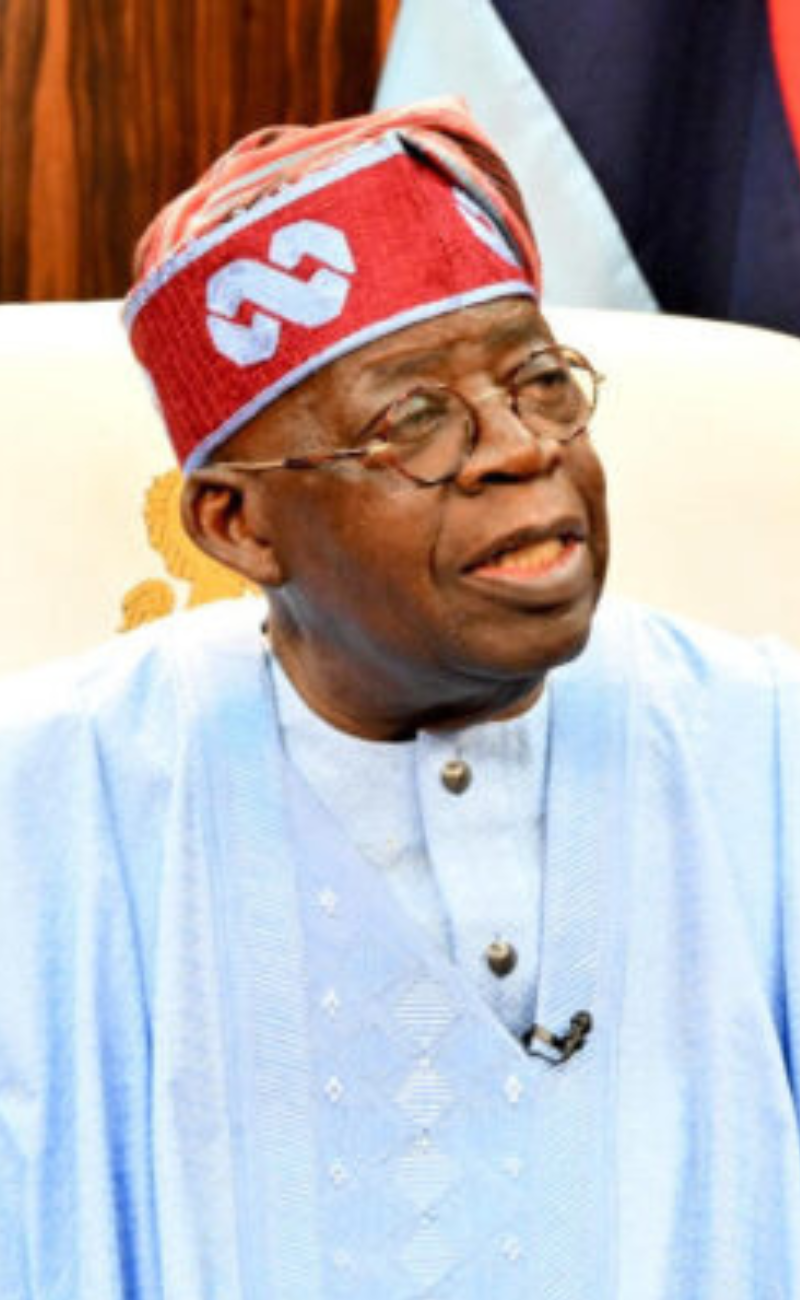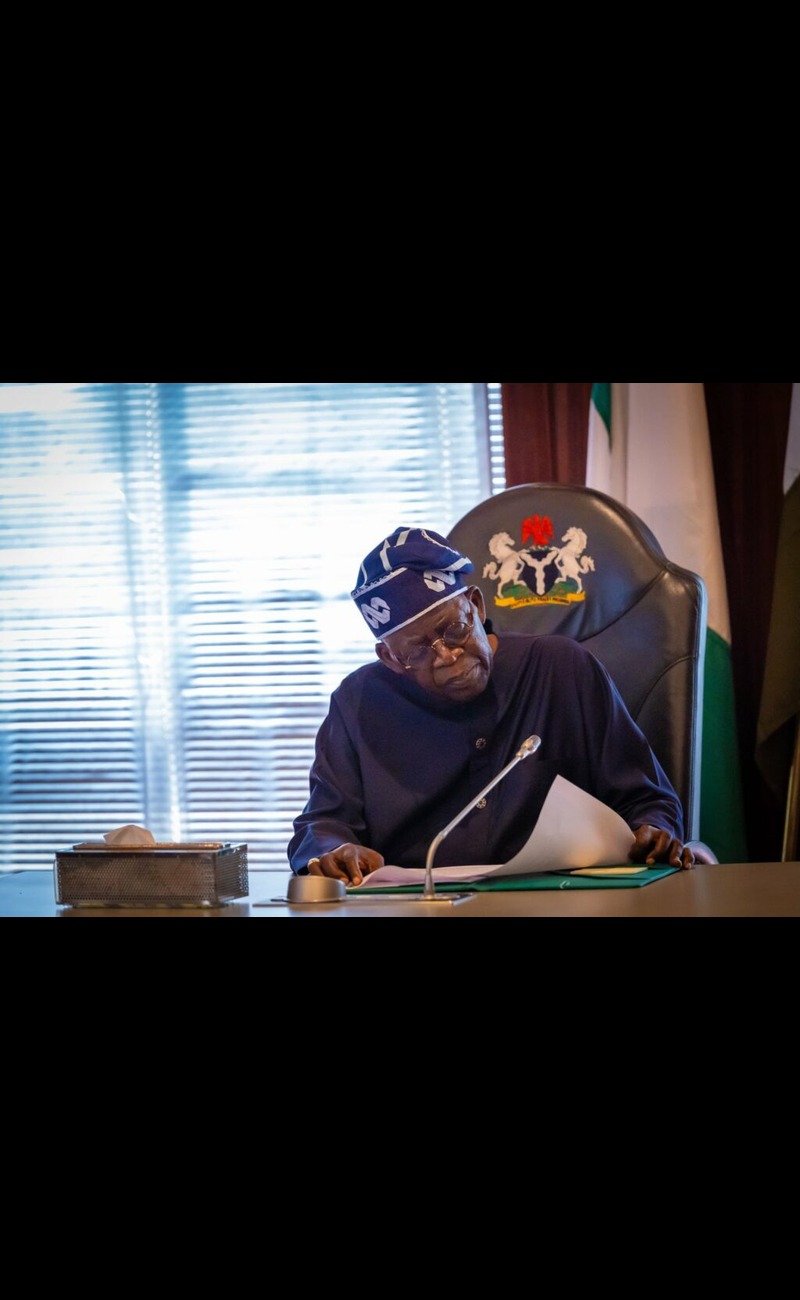For the second time, the national assembly has extended the implementation of the 2024 capital budget to December 2025 amid growing concerns over fiscal discipline.

The national assembly has again extended the implementation timeline for the capital component of the 2024 national budget, this time until 31 December 2025.
This marks the second extension of the spending period, effectively placing Nigeria in the unusual situation of operating two budget cycles concurrently.
The decision was announced by Deputy Senate President, Sen. Jibrin Barau, during plenary on Tuesday, following the accelerated passage of the amendment bill through first, second, and third readings on the same day.
The motion was supported by a majority of senators after President Bola Tinubu formally requested the extension to allow for fuller execution of capital projects approved under the 2024 appropriation.
In both chambers, (house of representatives and senate), the bill passed second reading and was referred to the committee on supply for further consideration which reviewed and returned it for swift passage, an indication of the urgency and political will behind the move.
A repeated extension
This is the second time the national assembly has shifted the implementation deadline for the 2024 budget’s capital component. The first extension, granted on 18 December 2024, moved the deadline from the original 30 June 2024 to 30 June 2025.
At the time, President Tinubu cited the need to complete ongoing projects and optimise budget utilisation as the rationale. With this latest extension, capital implementation under the 2024 budget will now stretch across nearly two full fiscal years despite the 2025 budget already being in force.
The development underscores persistent structural challenges in Nigeria’s budget implementation process, including delays in fund releases, weak procurement planning, and overstretched capital commitments relative to available revenues.
READ ALSO: Senate extends implementation of 2024 budget till June 2025
Debate
Leading the debate on the bill, Chairman of the Senate Committee on Appropriations, Sen. Solomon Olamilekan (APC, Ogun west), justified the extension as a practical necessity.
“We must not allow these important national projects to be abandoned due to time constraints. Extending the implementation period will ensure value for money and improved service delivery,” he argued, pointing out that the government still struggles with limited fiscal space.
However, the extension did not go unchallenged.
Sen. Yahaya Abdullahi (APC, Kebbi north) expressed deep concern over the implications for fiscal credibility, warning that such repeated extensions could undermine public confidence in the budget process.
“The credibility of this government is getting down. There has never been a time in the history of the National Assembly where the appropriation bill is extended twice in one cycle. The Executive Arm of government needs to explain to Nigerians what’s happening,” he said.
Sen. Abba Moro (PDP, Benue south) “reluctantly” gave his support citing concerns about the potential fallout for contractors already engaged in executing projects.
“Even those who want to commit to the projects will be very, very unwilling because of the fear that they will not be paid,” he warned.
Moro called for more transparency from the Ministry of Finance and an overhaul of the payment process to ensure timely fund releases.
According to him, “I do not envy the Chairman of the Appropriations Committee under the current circumstances.”
“We must take the bull by the horn regarding budget appropriation.
“Unless we engage the Ministry of Finance more seriously, this parliament risks becoming an embarrassment,” he added.
Sen. Seriake Dickson (PDP, Bayelsa west), a member of the Appropriations Committee, delivered one of the most passionate interventions.
He lamented the complete release of the recurrent component of the budget primarily benefiting the civil service while capital projects that directly affect citizens remain underfunded or stalled.
“The component that cannot be reduced is the real one that goes to the people of Nigeria. That is the one not being implemented,” he said, referencing widespread complaints from contractors and state-level project beneficiaries.
Dickson also criticised what he described as growing political distractions, including preparations for the 2027 elections and party defections, as factors that may be diverting attention from governance and project delivery.
“Maybe there is too much preoccupation with politics and 2027… too much concentration on receiving defectors across the country,” he quipped, to murmurs from the chamber.
Senate resolves to probe delays
In response to the concerns raised, the senate resolved to mandate the Committees on Appropriations and Finance to conduct a joint investigation into the delays in capital fund releases and overall budget performance.
The committees are expected to report back within one week.




